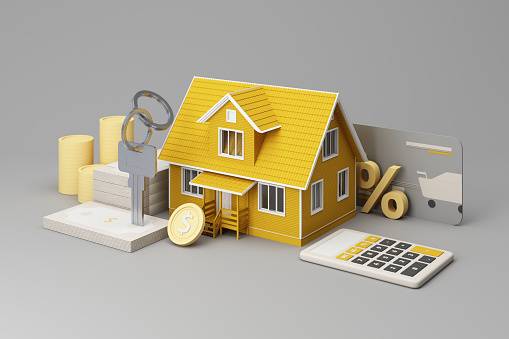Three common components tips for new homeowners
Three common components tips for new homeowners The convenience of having a low-maintenance lifestyle is a major selling point for a condominium for homeowners. Not to bother about yard work, gardening, or pressure cleaning the driveway. Yet, this does not give you the licence to disregard the shared spaces in your building completely. Discover the common elements Homeowners of a condominium share ownership of the common features, which include the building’s infrastructure, grounds, and amenities. This includes anything outside of your apartment: Laundry rooms Fitness rooms and pools Garages Roofs Gardens Lobbies Utility systems (e.g., heating, cooling, electrical, security) Hallways Walkways and steps to building entrances Elevators There are also “exclusive-use common elements,” which are used in a way that is different from their more common counterparts. Patios, balconies, and parking spots all fall within this category. Since these features are shared amongst multiple units, only the owners of the units directly adjacent to them can use them. Go to your Disclosure Statement or recorded Declaration and Description if you are unsure of the location of your unit’s borders in relation to common areas. Condominium fee information Each unit of homeowners in your building must contribute to the overall expense of upkeep and repair of the building’s common areas. Condominium dues are typically calculated monthly based on the size of your living space. Other monthly housing expenses must be taken into account besides the mortgage and property taxes. Common area upkeep is included in your monthly condo fee and includes things like landscaping, waste collection, recycling, outside window cleaning, snow removal, carpet cleaning, and energy payments. Condominium dues can include funding for the maintenance and upkeep of shared areas. Your condo association dues include money set aside in case of emergency repairs or replacements. In rare instances, however, additional funds from property owners may be required.home Learn your warranty’s terms and conditions Condominiums may qualify for warranty protection under Ontario’s New Home Warranties Plan Act, which might apply to individual units and the building’s shared infrastructure. Tarion will hear warranty claims from both individual unit owners and the condo association itself in regard to the unit’s individual components and the common areas. The period of interim occupancy, which can run anywhere from a few weeks to a few months, begins when you move into your unit and ends when you become the registered owner. When you move in temporarily, the warranty protections for your unit will kick in. It’s possible that the rest of the building won’t be done during your temporary occupation time before registration. During this time, your builder will finish the communal areas and any remaining units. Until the condominium project is registered, the warranty period for the common areas will not begin. Thus, your coverage will be inadequate during this time. Your home is still warranted even though the warranty has expired. Hence, if you see something in the common areas that you think needs fixing, let the property management know so that they can get in touch with the developer. The Common Element Building Performance Standards might help you figure out if the builder’s warranty covers your problem. Suppose your builder isn’t addressing your complaints. In that case, you can create an ad hoc committee of three to five unit owners who will communicate with Tarion’s common components warranty team on your behalf if the builder doesn’t. If you’re new to condo living, the shared areas can be especially challenging to figure out. Related posts 07 March 2023 Is the Buggy Light Justified? Is the Buggy Light Justified? Everyone knows that bugs that fly are drawn to light. We can’t stand… 07 March 2023 Three common components tips for new homeowners Three common components tips for new homeowners The convenience of having a low-maintenance lifestyle… 01 March 2023 Want to Build on Your Own Land? Here Are Five Things You Can Count On From Your Contractor Want to Build on Your Own Land? Here Are Five Things You Can Count On From Your Contractor If you want… 28 February 2023 Canada’s population growth driven by underutilized immigrants without shelter: RBC Canada’s population growth driven by underutilized immigrants without shelter: RBC Canada’s… 28 February 2023 Fitch Expects World’s Biggest Real Estate Price Correction in Canada Fitch Expects World’s Biggest Real Estate Price Correction in Canada A major credit rating agency… 18 February 2023 Despite the slowdown, Canadian mortgage debt continues to rise Despite the slowdown, Canadian mortgage debt continues to rise Despite the housing market recession,… 15 February 2023 StatCan: Nearly Half of Canadians Worry About Shelter Costs StatCan: Nearly Half of Canadians Worry About Shelter Costs Many Canadians worry that they are only a…
Three common components tips for new homeowners Read More »










